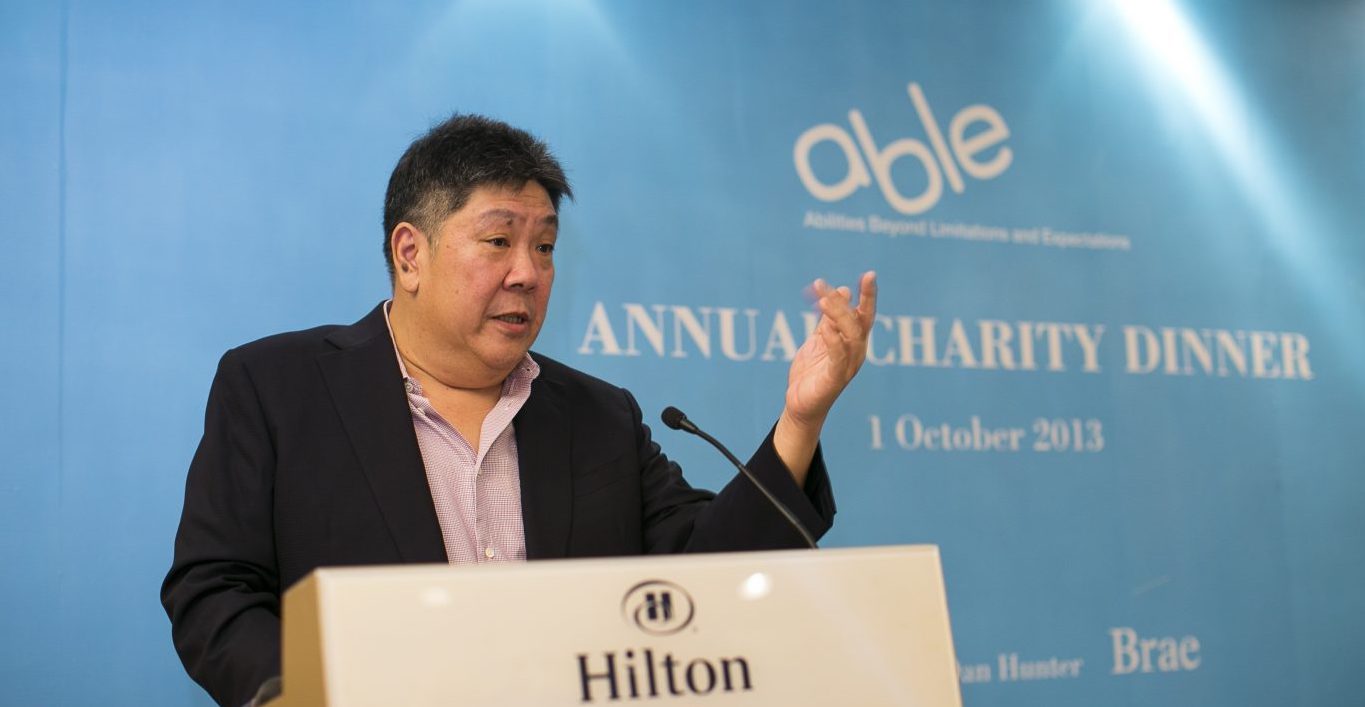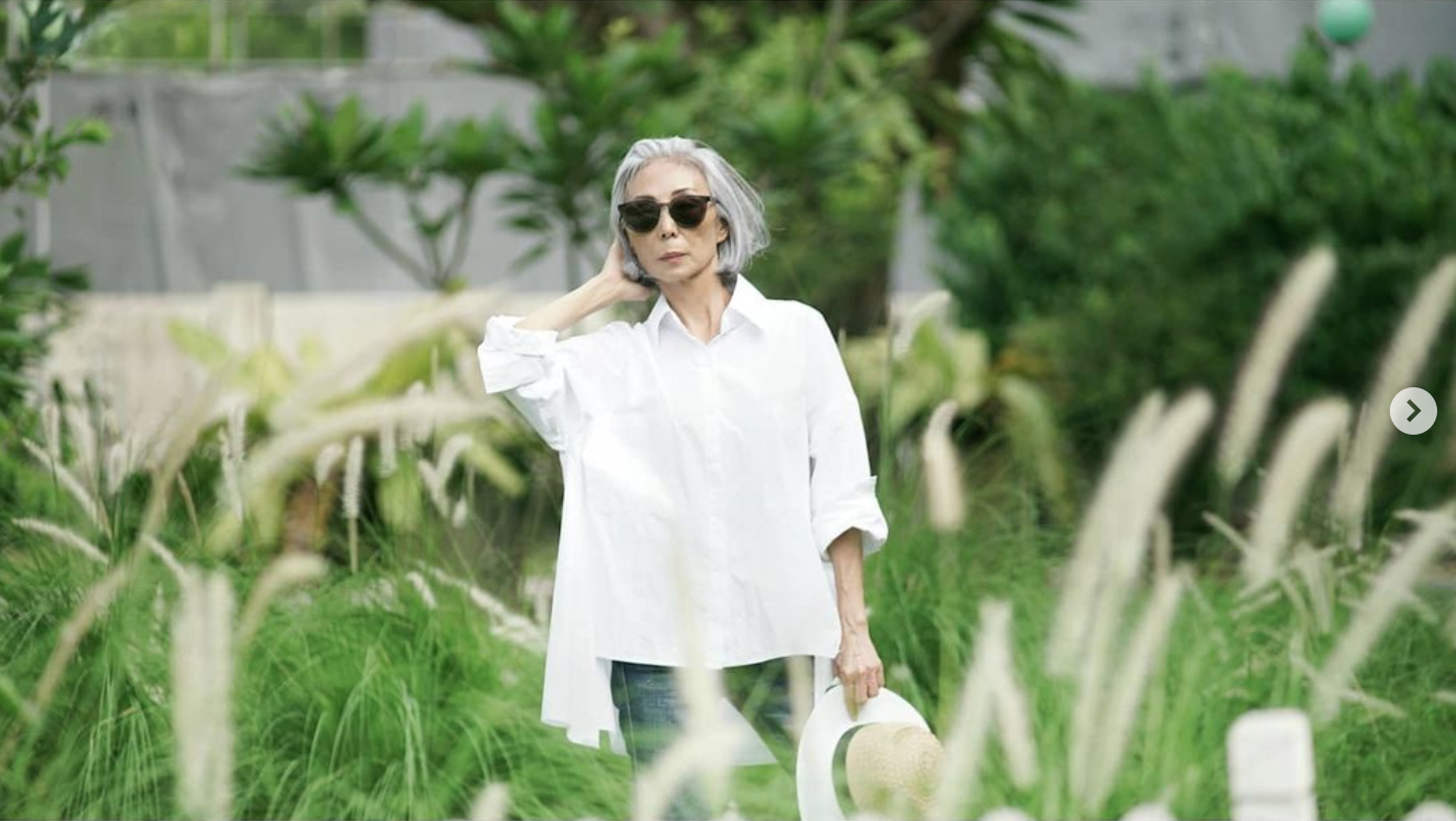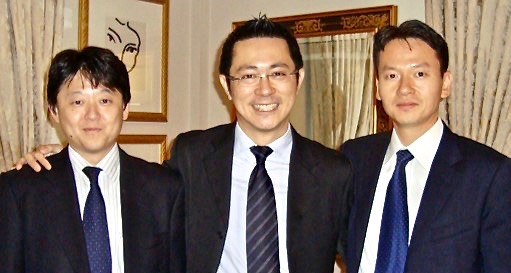“I was crucified by the Philippines press”: Veteran banker Raymundo Yu on managing painful retrenchments
by Karen Tan // March 9, 2020, 9:09 pm

“Even though it is a business or commercial decision, the harder question is: What's going to happen to the employees?" said Raymundo Yu, whose 40-year career in finance included shutting down whole operations. Photo courtesy of Raymundo Yu.
As a marketplace minister, how do you care for the flock you are called to steward (Acts 20:28) when you are also called to retrench them?
Raymundo Yu was put in just such a position when he had to terminate, not just the employment of a few, but an entire operation.
Dynamic and volatile
Yu is a long-standing name in the regional financial industry.
The banker started out as a management trainee at US investment bank, Merrill Lynch (now Bank of America Merrill Lynch) in 1981, and retired as Chairman of Asia Pacific in 2008.
Called out of retirement a few years later, Yu today holds the position of Chairman, Asia Pacific, at both Swiss multinational private bank Bank Julius Baer, and global asset management company Columbia Threadneedle Investments.
Yu’s four-decade career spans both the heyday of the banking sector as well as periods when various countries’ entire financial systems melted down.
Against this dynamic and volatile backdrop, Yu has had his share of challenges.
“The market has become more competitive, economic realities more difficult (than in the past),” said Yu, 65.
Salt&Light spoke to Yu about the pressures of retrenchment exercises and how employees can ride out the uncertainties of employment.
People count
When Yu was posted to Asia by Merrill Lynch, one of his first tasks was to close the office in the Philippines.
It is Yu’s birth country, and the local media would not let him off.
“Of course I was crucified in the Philippines press for being a Filipino to close a Philippine office.
“But what the press didn’t understand or highlight was that almost everybody in that Manila office was moved to other Asian offices, and everybody got a job.
“They all worked in the bank until they retired. I am still friends with them.”
“Whatever level they are … we’re all the same. My faith teaches me that we’re all children of God” (Romans 12:3)
Closing the Manila office was the first but not the last time Yu had to close an entire operation. It is an unenviable position, a delicate situation that calls for tough but fair decision making.
The establishment’s reputation and people’s jobs are all on the line – with Yu caught in the middle.
“Even though it is a business or commercial decision, the harder question is: What’s going to happen to the employees? The way I look at it, it’s less about the P&L (profit and loss), it is more about the people who are affected by the corporate decision.”
Retrenchment is a difficult and painful exercise that Yu metes out with as much fairness as he can. And he relies on James 2:18 to guide him:
“But someone will say, ‘You have faith and I have works.’ Show me your faith apart from your works, and I will show you my faith by my works.”
“One, you want to make sure that your staff are taken care of and you treat them with respect. Next, you must try as much as you can to ensure that, even if they have to leave the firm, they land properly.
“For retrenchment benefits, I always try to give more than what the market does. So if it is market practice to give three months of retrenchment pay, I may give four or even five months. I also try to do placement for those affected.
“For those with special situations like needing medical care, I would try to keep them on payroll until they receive their insurance pay-out or until they can find another job.
“Even though the decision is en masse, I try to ensure that the employees are treated fairly.
“The most important assets for me are the people. The employee is not just another count or a digit.”
“There are always special circumstances that I would want to get involved in; I want to be a part of helping the staff, however lowly the jobs.
“Whatever level they are, there’s nothing that separates me from them, or that should keep me from saying that I’m not more important or better than them. We’re all the same. My faith teaches me that we’re all children of God (Romans 12:3).
“I always tell my teams: If I were in the auto industry, I will open up the car and show off the engine. But I am in the financial services industry — the most important assets for me are the people. They’re not just another count or a digit.”
God’s leading
For the veteran banker who has seen the world economy go from the peak to the pits, and whose career sustained itself for nearly 40 years, Yu has the benefit of a hindsight that is enriched by faith.
“If your stakeholders require X, you will have to give X plus more and not X minus something.”
“I’ve learned, through the years, that sometimes I have something in mind that I want to do. And it does not happen.
“Then you realise that maybe God is leading you somewhere else. God has a different purpose. It may be a different plan for you and the plan could be better.
“But it may not happen right away. So you have to be patient. I always find myself looking back and saying, ‘Hey, this is a much better place!’
“But you have to be patient; have hope and faith that He will guide you through. Then will you have the peace that everything will be okay.”
Although the world can expect more boom-and-bust cycles in the global economy, especially with COVID-19 wreaking havoc on economies and currencies, it is not all doom and gloom.
“Have hope and faith that He will guide you through. Then will you have the peace that everything will be okay.”
Yu especially sees a bright spot for the younger employees: “The younger people are more adaptable. They’re more resilient but they have to be slightly more patient.
“They need to let things takes their course sometimes, rather than pre-empt it.
“Allow the employers to prove themselves, and not just jump so fast.
“However, there is no replacement for hard work. You need to work and show initiative. If your stakeholders require X, you will have to give X plus more and not X minus something.
“As long as you do that, you will have longer laps of sustainability.”
By divine appointment: Penang Place’s Paul Ooi reveals his CEO
We are an independent, non-profit organisation that relies on the generosity of our readers, such as yourself, to continue serving the kingdom. Every dollar donated goes directly back into our editorial coverage.
Would you consider partnering with us in our kingdom work by supporting us financially, either as a one-off donation, or a recurring pledge?
Support Salt&Light


